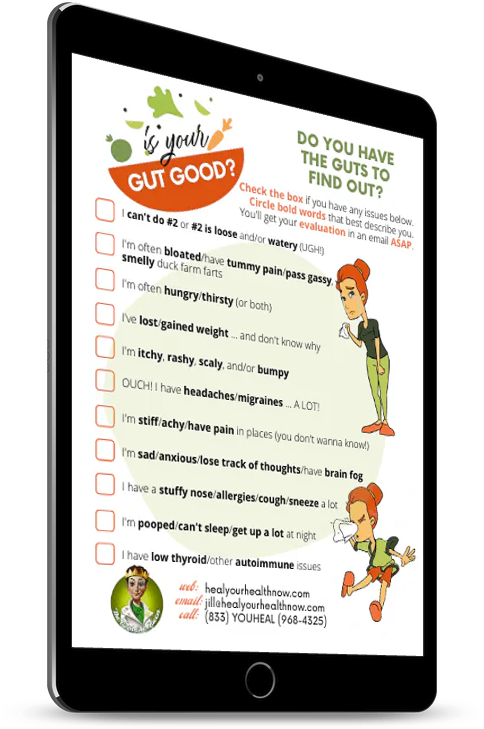
Reframing What You Say Can Change and Heal You
I’ve always considered alcohol and drug abuse a disease. That’s what I was told and that’s what always I parroted back to my addict clients of all types. Even my anorexic and bulimic ones.
But I’m currently working with someone who’s disabled. Someone who is one of the most positive people I’ve ever met. So one day when I was discussing the fact that bulimia was a disease with another one of my clients, who was also a recovering alcoholic, I blurted out … “Let’s not think of your bulimia as a disease … let’s call it a disability instead”.
Well … just reframing the problem made a radical difference. She took the label “disability” and ran with it. And this week tried out TWO new foods when no other healing strategy had poked and prodded her to do. And her whole attitude also changed … instead of choking out “I’m struggling” in her daily email reports to me she sang a sweet melody of “I want to change and I’m willing to do the work”.
So what did I do? And what is reframing? Simply, it’s another way of looking at a situation. Think of looking through the lens of a camera. What if you zeroed in on an eye or a nose or a chin, and then zoomed out to reveal a whole face. If something close up is viewed instead with a wide-angle lens, a totally different view as well as deeper understanding of the whole can be achieved. You can even see something totally differently if you slightly tilt the frame. Once you do, changing an accompanying behavior often follows.
Here’s an example. What do you see when you look at the picture above? I first saw a beautiful young woman looking away from the “frame”. But … if you look closely … you can see an old woman looking sideways … the ear of the young woman becomes the eye of the old. Which do you see first? Do you also see the other? THAT’s reframing.
So how do you reframe something? If you’re doing this yourself without the aid of a counselor or therapist, you want to step back from the situation and consider how it is actually being created. And it’s not only what is being said, but also consider the underlying beliefs, habits, and emotions connected to it.
You can start with a question … “How can I look at this in another way?” These ways could include looking at …
• A problem as an opportunity
• A weakness as a strength
• An impossibility as a possibility
• A disease as a disability
• Overeating as a way to cope with your life
• An addiction or eating disorder as a window into greater personal understanding
I often tell my clients that having an addiction is a blessing. Because they’re forced to look at what’s going on in their lives that doesn’t suit or honor them. And then change it in a structure and environment that supports transformation. With a lot of help from their friends.
I know that sounds like an oxymoron … why would someone like a girl in a recent Sixty Minutes segment … who had been in 17 treatment centers and in jail 7 times … think of all that as a blessing. But I’m sure at this juncture she feels blessed for her sobriety and just happy to be alive. And I’m sure that she learned some radical self-acceptance along the way.
Here’s a simple exercise that will get you started with reframing. Fold a piece of paper in half the long way. Don’t do this in a computer or tablet … putting pen to paper is a powerful thing. I like to use colored disposable fountain pens … but it’s your call. Then write the words, “I can’t do …” on the left side and finish the sentence. For example, “I can’t do a diet”. You may want to leave one or two lines open if you think the right-hand response might be a long one. Then, on the right side next to each item, write “I choose not to …” and finish the sentence.
This is a very powerful example of reframing. As it not only evokes your power of choice. But also throws responsibility back into your own court. And opens a dialogue with yourself about choice … “Should I work towards different choices?” … “Are there a couple of choices that I definitely want to change?” or “There are some things I choose not to change at this moment”.
Reframing, therefore, opens you up to a whole host of possibilities you might not notice any other way. As well as a whole host of fears as you’re charging into the unknown with nary a signpost nor a compass. But I wouldn’t have it any other way.
Leave Your Comments About Say It Again Sam Below
Did you try the exercise mentioning in the article? What results did you have? What other ways do you use to jar you out of your present state?


Leave a Reply